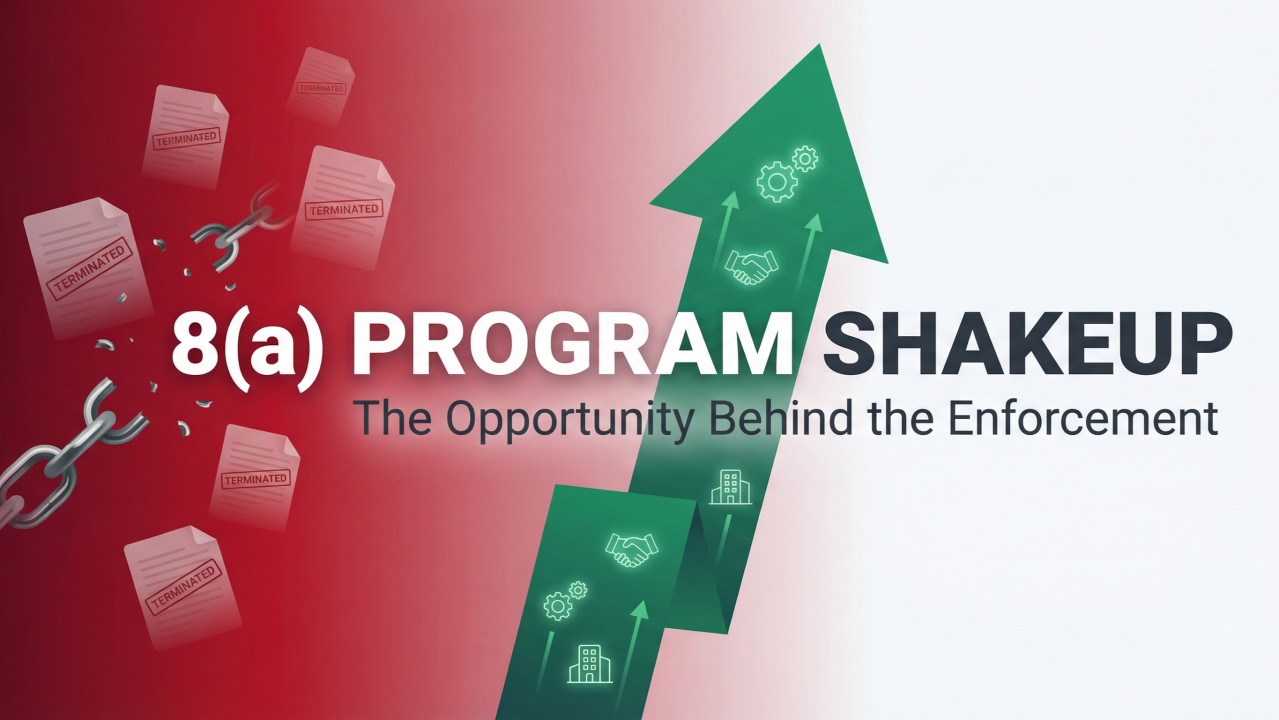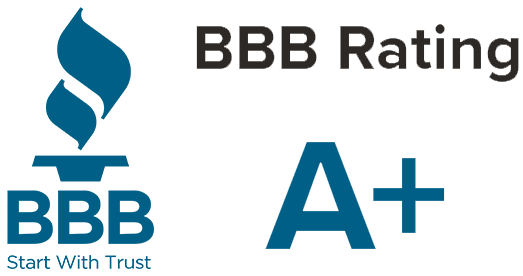Navigating Nonprofit Grant Accounting and Compliance
Rose Report: Issue 66
BY TED ROSE, ROSE FINANCIAL SOLUTIONS

For many nonprofit organizations, grants are essential funding to reach their missions. However, nonprofit organizations must manage and track grants carefully to comply with funding requirements and maintain financial transparency. Understanding the conditions and requirements of each grant is crucial to determining the best grant accounting methods and avoiding common missteps and audit issues. Below are some standard grant accounting methods and tips to help ensure your organization is compliant and audit ready.
Compliance with Generally Accepted Accounting Principles (GAAP)
Nonprofits must follow GAAP, a standard set of accounting rules, requirements, and practices issued by the Financial Accounting Standards Board (FASB) and the Governmental Accounting Standards Board (GASB). Following GAAP, grantors, donors, and other stakeholders can better understand the organization’s financial operations.
Grant Financial Tracking and Reporting
As part of their accountability, nonprofits must provide financial reports to grantors. These reports often include information on how the grant money was used, the degree to which the program’s goals were met, and any other financial data specified by the grant agreement. Nonprofits often utilize specialized grant tracking and reporting systems or accounting software with grant management features. Common grant accounting methods used by nonprofits include:
Accrual Accounting
This method provides a more accurate picture of an organization’s financial position and performance for grants that span multiple fiscal periods. It is common for nonprofits to use accrual accounting to record their income and expenses when they are earned or incurred, regardless of when the actual cash transactions take place.
Cost Allocation
Nonprofits use cost allocation methods to ensure that grant-related expenses are distributed appropriately across multiple programs or activities. A grant-specific cost is allocated directly to that grant, allowing for more accurate reporting and accountability.
Fund Accounting
This method facilitates accurate reporting and helps to ensure that grant funds are used for the intended purposes. Expenses and income related to each grant are tracked separately from other revenue sources, providing a clear view of each grant’s income and expenses.
Restricted Fund Accounting
It is common for nonprofits to establish restricted funds to separate grant funds from unrestricted funds. Grant agreements and donor restrictions specify how restricted funds may be used. With this accounting method, grant funds are used in accordance with the donor’s intent and can be tracked separately.
Get started with ROSE®
Looking for a simpler way to manage your finance, accounting, and tax needs?
Experience the difference that our expert professionals and leading-technology can make.
Internal Controls
Internal controls are the financial policies and procedures to protect an organization’s assets, ensure compliance, and deliver accurate reporting. Organizations that do not have a proper control structure in place put themselves at risk. With this in mind, nonprofits should implement finance and accounting systems that automate tasks and enforce procedures that limit access to review and approve payments to individuals with authorization.
Preparing for an Audit
When undergoing an audit, one of the most common issues nonprofits face is responding to an auditor’s request for information promptly. As such, all financial records throughout the year should be tracked in cloud-based organized systems, including accounts payable, billing, cash receipts, journal entries, and balance sheet reconciliations, and books should be closed within 30 days of the fiscal year’s conclusion. If a nonprofit has government grants, gather all award documents, supporting reports, and documentation, as auditors will likely want to see these documents.
How ROSE® Can Help
ROSE is a Finance as a Service (FaaS) leader, supporting nonprofit organizations’ back office by harmonizing People, Processes, Technology, Organization, and Data to empower our clients to become accomplished leaders and excel in their missions. We achieve this by providing financial clarity and eliminating complexity through Easby®, a system of engagement built on enterprise-grade, hyper-automation technology that manages finance, accounting, and tax activities, converts data into information, and supports a team of experienced professionals to enhance a company’s success by improving financial performance.
Learn more about our solution by scheduling an introductory call today.
This content is for information purposes only and should not be considered legal, accounting, or tax advice or a substitute for obtaining such advice specific to your business.

Ted Rose
In 1994 Ted Rose founded Rose Financial Solutions (ROSE), the Premier U.S. Based Finance and Accounting Outsourcing Firm. In 2010, the Blackbook of Outsourcing named ROSE the #1 FAO firm in the world based on client satisfaction. As the president and CEO of ROSE, he provides executives with financial clarity. Ted has also acted as the CFO for a number of growth companies and assisted with various rounds of financing and M&A transactions.
Share this article:
Visit Us On:




